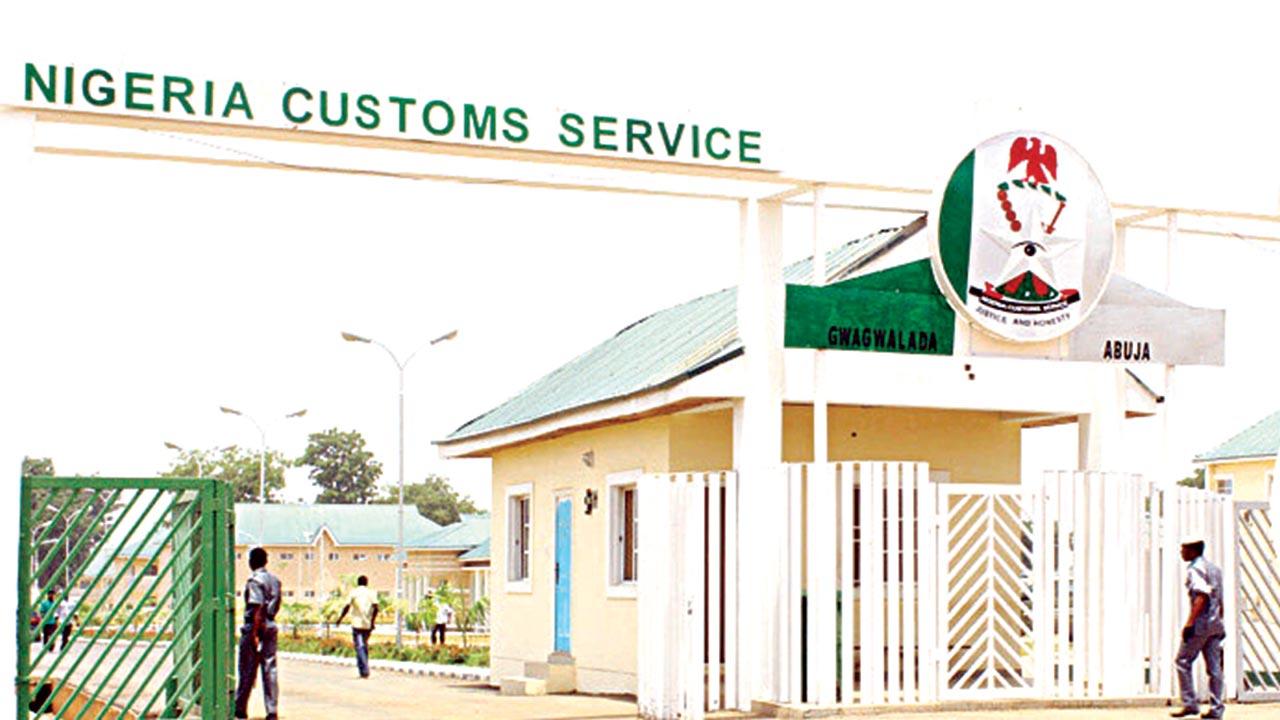
The Nigeria Customs Service (NCS) has officially launched the Automated Excise Registry System (ERS), marking a major step in its broader digital transformation agenda. The move follows the successful completion of the system’s pilot phase, which was rolled out across three strategic excise-manufacturing facilities.
The announcement was made in a statement issued on Thursday by NCS spokesperson, Abdullahi Maiwada.
According to the statement, the ERS is now fully operational at:
- British American Tobacco Nigeria (BATN) PLC – Oyo State
- International Tobacco Company (ITC) Limited – Kwara State
- Leaf Tobacco & Commodities Nigeria Ltd – Kaduna State
These facilities were selected due to their strategic role in Nigeria’s excise industry and their readiness to support the technological shift.
Pilot Phase Achieves Milestones
The pilot phase, conducted between July and August 2025, tested the functionality and reliability of the new digital system. Highlights from the pilot included:
- A 75% efficiency score during user acceptance testing (UAT) at BATN
- Seamless integration between factory production systems and the ERS
- Enhanced collaboration between Customs officials and factory management
With the system now live, all excise-related operations at the three pilot sites including production tracking, duty calculation, and statutory reporting will be handled entirely through the ERS platform.
Reducing Manual Errors, Boosting Revenue Assurance
The ERS is expected to significantly reduce manual paperwork, eliminate data discrepancies, and improve transparency and accountability across the excise value chain. Customs officials say the digital transition will also contribute to better compliance and stronger revenue assurance for the Federal Government.
“The introduction of the ERS is a transformative milestone,” the statement said. “It is designed to provide real-time oversight of production activities and ensure that excise duties are accurately assessed and remitted.”
Part of Broader Trade Modernisation Plan
The ERS forms a critical component of the Nigeria Customs Service’s Trade Modernisation Project, which aims to digitise and streamline customs operations across all touchpoints.
According to the NCS, subsequent phases of the ERS will be extended to cover additional excise-regulated sectors, including beverages, spirits, and other parts of the manufacturing industry.
The service is also encouraging stakeholders to actively engage with the reform and provide feedback that will help fine-tune the system as it scales nationally.
Call for Stakeholder Support
“NCS calls on industry players to embrace this vital reform,” Maiwada stated. “A transparent, technology-driven excise system will foster better compliance, improve operational efficiency, and guarantee sustainable revenue growth.”
The rollout is part of ongoing efforts to modernise Nigeria’s trade environment and align it with global best practices in excise administration and customs regulation.



